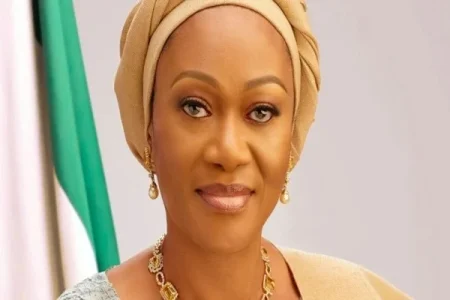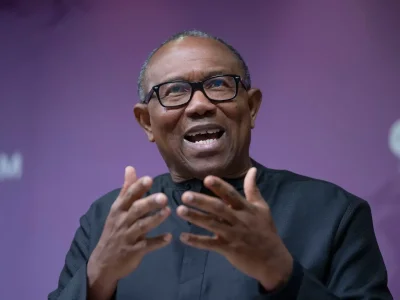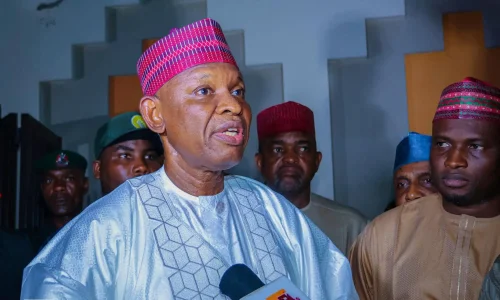
Nigerian First Lady Oluremi Tinubu, alongside Oyo State Governor’s wife Tamunominini Makinde, distributed 1,750 bags of rice across Oyo State to alleviate hunger amid economic challenges. The initiative aims to support vulnerable individuals. Social media reactions highlight both gratitude and criticism of the government's approach.
Nigeria’s First Lady, Oluremi Tinubu, in collaboration with the office of the Oyo State governor’s wife, Tamunominini Makinde, distributed 1,750 bags of rice to vulnerable and less privileged individuals across 33 local government areas in Oyo State on Tuesday, July 30. The distribution took place in Ibadan, aiming to alleviate hunger and provide relief amid the current economic challenges. This initiative is part of the “Renewed Hope Initiative Women Agriculture Support, Education, and Social Investment Programme” by the federal government.
Mrs. Makinde, representing Mrs. Tinubu, emphasized the government's commitment to ensuring no Nigerian goes to bed hungry. She urged the beneficiaries, including widows, orphans, and the elderly, to make good use of the rice and expressed hope for an improved economic situation soon. The recipients expressed gratitude, noting that the rice would significantly help alleviate their suffering.
However, the distribution sparked mixed reactions on social media. Critics questioned the long-term impact of such palliatives, highlighting the need for sustainable solutions to Nigeria's economic woes. Comments ranged from satirical to critical, with users pointing out the government's tendency to address diverse challenges with rice distribution.
One user sarcastically remarked, "No job: rice; insecurity: rice; reform police: rice; fuel scarcity and hike in price: rice. Nigeria faces different challenges, our leaders: rice," reflecting widespread frustration. Another user humorously asked, "Una nor dey share beans???", while another criticized, "This is not what we want, fix the economy, rice go finish hunger go start again."
Despite the appreciation from beneficiaries, many Nigerians remain skeptical about the effectiveness of these interventions, urging the government to focus on more sustainable economic reforms.




